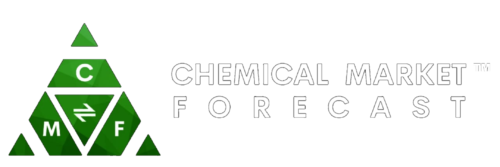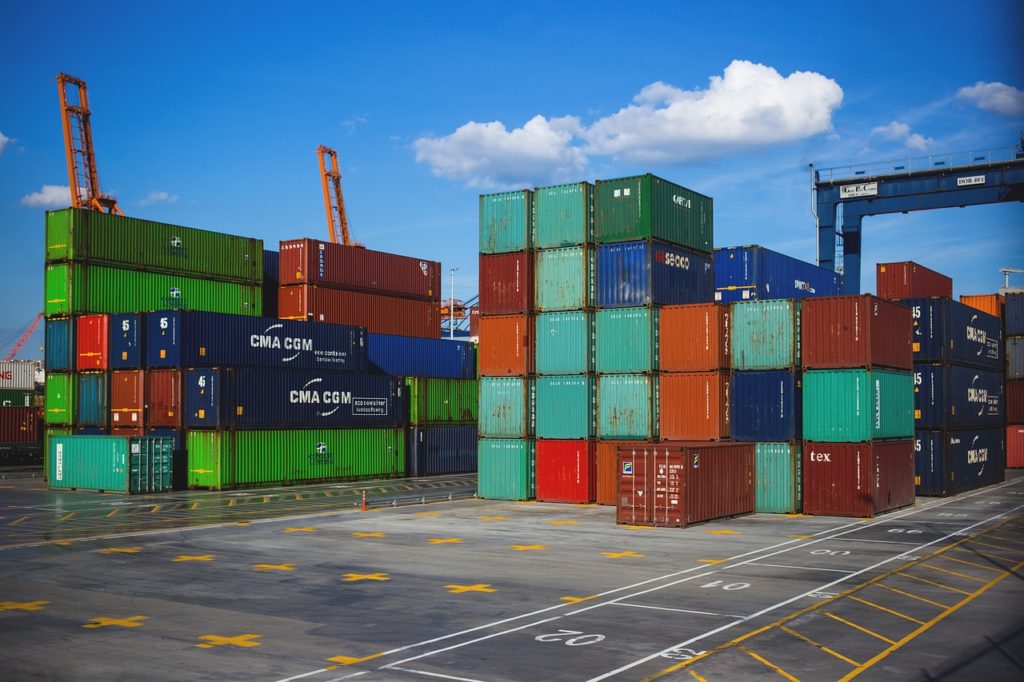German chemical sector is the largest in Europe and the fourth largest in the world. Germany is known for its renewable energy, high labor cost, and rigorous environmental standards. The global chemical market has progressed at a fast pace over the years. The global chemical sales increased from USD 1,363 billion in the year 2005 to USD 3,183 billion in 2015. This increase in sales is equivalent to an average annual growth rate of more than 8%.
The German chemical sector accounted for nearly 28% of the total chemical share by the European Union in 2015. The local companies in the country export more chemicals than any other European country. Germany has been successful in maintaining and improving its chemical industry.
Another major factor responsible for the growth of German chemical sector is its capacity for innovation. The country has one the highest research and development intensity levels in Europe. Nearly 2.8% of the revenue in 2015 was spent on research and development, making Germany the continent’s innovation hub. This strength in innovation combined with productivity has helped establish Germany as an attractive chemical industry production location. German chemical sector’s companies’ were able to reduce their energy needs by around 20% by the end of 2015. The energy consumption led to an increase in the output by nearly 60%. As a result of these efforts, the production of specialty chemicals has gradually increased over the years.
Specialty chemicals are the products that are sold based on their performance or functionality. They are, therefore, also known as effect chemicals. Specialty chemicals are manufactured in smaller quantities compared to commodity chemicals. These chemicals play an important role as raw materials in various other processes. Some of the main categories of specialty chemicals include cosmetic chemicals, pharmaceuticals, catalysts, food ingredients, etc. Commodity chemicals have a wide range of applications. Specialty chemicals, on the other hand, have only one or two core applications. Specialty chemicals are produced by a complex, interlinked industry. These chemicals can be single-chemical entities or formulations whose composition sharply influences the performance and processing of the customer’s products. Due to their complex chemistry, specialty chemicals are usually manufactured using a batch process. Their production process may not necessarily be automated. Commodity chemicals are generally produced via a continuous process. In 2020, the world’s five-largest specialty chemicals segments—specialty polymers, electronic chemicals, cleaners, surfactants, flavors, and fragrances had a market share of 38%. Each specialty chemicals business segment comprises several subsegments, each with individualized product, market, and competitive profiles.
The pharmaceutical industry, a sub-segment of specialty chemicals is one of the fastest-growing industries. Germany constitutes the major European pharmaceutical market and the fourth largest in the world. The total sales generated by this sector increased by 5.7% in the year 2019. Approximately 86% of the revenues were generated in the pharmacy segment, while 14% resulted from the clinic segment.
Germany has more than 500 pharmaceutical companies. These companies include domestic corporations along with subsidiaries of international enterprises. The pharmaceutical companies include big corporates like Bayer, Merck, and Boehringer Ingelheim along with various small innovative biotechnology start-ups.
The German pharmaceutical industry generated total sales of USD 41.4 billion in the year 2019. This segment of the chemical industry is expected to grow at a compound annual growth rate (CAGR) of 6% from 2020-2027.
Germany exports a large proportion of the chemicals it manufactures. In the year 2012, pharmaceutical products accounted for the third-largest export segment by the country. The total revenue generated by pharmaceutical exports were USD 48,170 million.
Key players of the specialty chemicals sector
BASF is Germany’s largest chemical company and also one of the world’s largest. The company employs around 119,000 people in more than 80 countries. BASF has over 390 production sites worldwide. BASF is headquartered in Ludwigshafen. This site is a world leader in the production of chemicals. BASF produces a wide range of products including materials, chemicals, agrochemicals, specialty chemicals, etc. The specialty chemicals produced by BASF mainly include thermoplastics, polyurethanes, and foam specialties for various industrial applications. The other chemicals manufactured by BASF are also used for the production of pharmaceutical compounds.
Bayer AG is a German multinational pharmaceutical and life sciences company. It is one of the largest pharmaceutical companies in the world. Bayer has more than 150 years of experience in the areas of health care and agriculture. Their areas of business include human and veterinary pharmaceuticals, biotechnology products, consumer healthcare products, etc. The active ingredients present in their products influence the biochemical processes in living organisms.
Evonik Industries is a specialty chemicals company headquartered in Essen, Germany. Evonik is the second-largest chemicals companies in Germany, and one of the largest specialty chemical companies in the world. The company is active in more than 100 countries all over the world. Evonik majorly produces specialty chemicals and high-performance materials. The performance material business unit produces polymer materials and intermediates. The chemicals manufactured by Evonik are mainly used for the rubber, agricultural, and plastics industries.
Honeywell is an American multinational, Fortune 100 company. The company’s key business segment includes performance materials along with several others. The solutions offered by Honeywell find applications in aircraft, construction, and manufacturing plants. Honeywell Research Chemicals initiated the production of pharmaceuticals in Berlin. The company provides researchers with a choice of high-quality and consistent chemicals designed to improve productivity. The Research Chemicals business is headquartered in Seelze, Germany. It manufactures high-purity solvents and reagents for laboratory research and testing applications.

